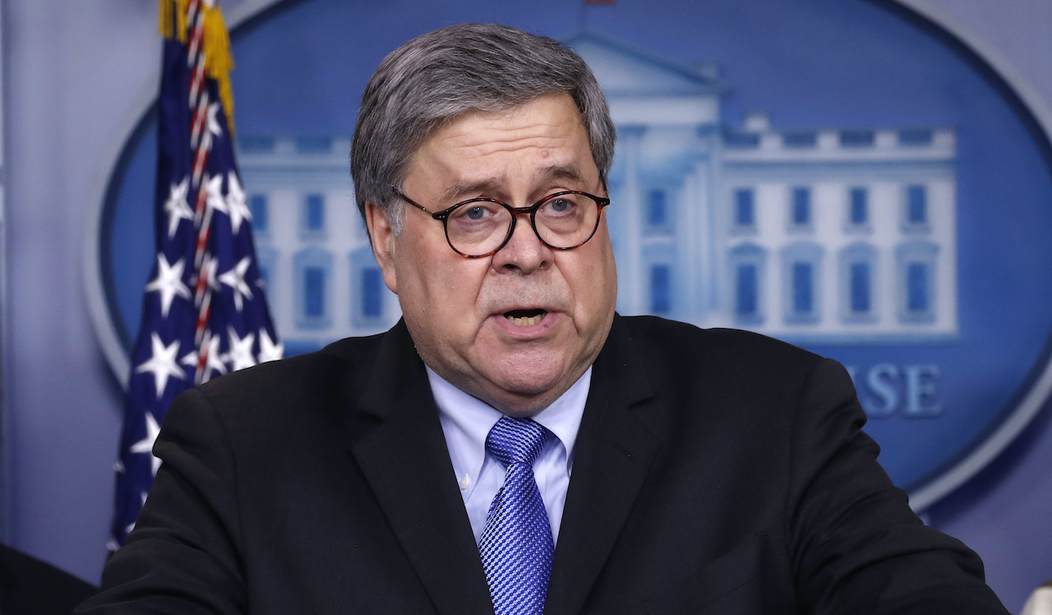When Attorney General William Barr called out Apple Inc. Monday for being “willing to accommodate authoritarian regimes when it serves their business interests,” he was certainly referring to the Pensacola air base terrorist attack that claimed three lives in December.
But he also made it a point to refer to the tech leader’s general relationship with Communist China and the Russian regime, which the AG said Apple aided in their efforts to implement bulk surveillance systems and by “facilitating censorship and oppression” by disabling applications on iPhones used by pro-Democracy activists.
There’s a good reason Barr and the DOJ are describing the relationships between Apple and China/Russia as problematic. The U.S., in the wake of the coronavirus crisis, is attempting to change its entire trade relationship with China, which certainly includes the tech sector. And while the U.S. is making drastic changes by, for example, making moves to shift the semiconductor chip (components crucial to the future of smart phones and 5G technology) supply chain out of China, Apple is seeking to deepen its investment there.
The Trump administration is reportedly in talks with Intel – the largest U.S.-based chip maker – and the Taiwan Semiconductor Manufacturing Co. (TSMC) to build factories in the U.S. “as concern grows about reliance on Asia as a source of critical technology” in the aftermath of the pandemic.
TSMC is reportedly already planning a $12 billion advanced semiconductor plant to be built in Arizona with support from both the state and the U.S. federal government.
Recommended
Additionally, The Wall Street Journal reports that Intel’s Chief Executive Bob Swan sent a letter to Defense Department officials “expressing his company’s readiness to build a commercial foundry—an industry term typically referring to a chip factory that can make products on contract for other companies—in partnership with the Pentagon.”
At the same time, the administration is making moves to impose export restrictions on overseas suppliers of semiconductor chips to hinder Chinese telecom giant Huawei from gaining traction in the 5G race by using U.S. intellectual property and equipment.
The restrictions stop foreign semiconductor manufacturers whose operations use U.S. software and technology from shipping products to Huawei without first getting a license from U.S. officials, essentially giving the U.S. Commerce Department a veto over the kinds of technology that Huawei can use.
China, needless to say, is not pleased. But there are already reports that Apple will not face backlash from China due to their “good relationship with Beijing” and the fact that its factories employ hundreds of thousands of Chinese workers.
Furthermore, Apple is encouraging its Chinese suppliers to invest in a Taiwanese company called Luxshare that makes metal casings for its products to help it become “a single company with operations that span nearly the entire electronics supply chain.”
“For Apple, it is a win-win situation to support the growth of Luxshare,” a supply chain manager said of the proposed Catcher deal. “Not only do Chinese companies offer lower prices with competitive quality, but it would also help Apple further deepen its network in a market with 1.3bn people.”
While the U.S. is trying to address the creeping dominance of China in the tech sector – a situation some fear could have disastrous national security implications – a large and popular U.S. tech company is apparently interested in helping China compete.
Sarah Lee is a freelance writer and policy wonk living and working in Washington, DC.

























Join the conversation as a VIP Member